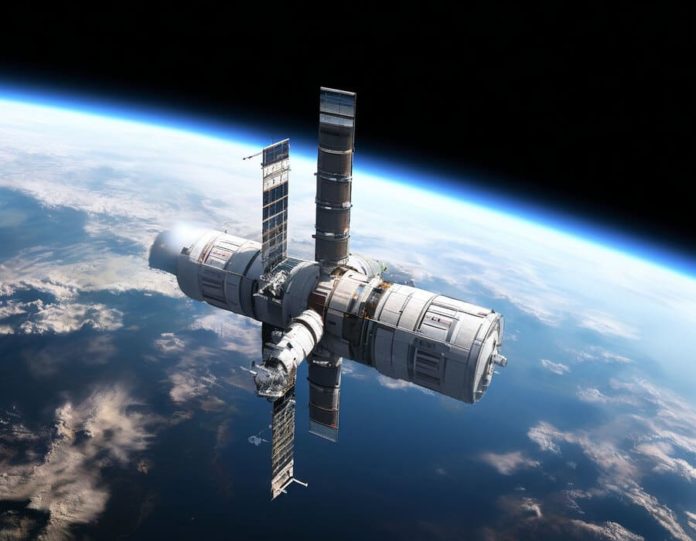China’s space station, the Tiangong (“Heavenly Palace”), marks a significant milestone not just for China, but for global space exploration. As the first space station developed and operated solely by China, Tiangong represents a bold step into a new era of space activities, potentially opening doors for international cooperation.
China’s ambitions in space
China’s space program has rapidly advanced in recent years, from landing rovers on the Moon and Mars to launching its own crewed missions. Tiangong is the crown jewel of these efforts, serving as a symbol of China’s growing capabilities and ambitions in space. The space station, which became fully operational in 2022, is designed to support long-term human habitation, scientific research, and various experiments, similar to the International Space Station (ISS).
A new era in space cooperation?
While the ISS has been a hub for international collaboration, with contributions from the United States, Russia, Europe, Japan, and Canada, China has historically been excluded from this partnership, primarily due to U.S. policy. Tiangong, however, offers a new platform for global cooperation, especially as the ISS approaches the end of its operational life.
China has already invited other countries to participate in experiments aboard Tiangong, and several have taken up the offer. For instance, in 2023, China and the United Nations Office for Outer Space Affairs (UNOOSA) announced the selection of nine international science projects from 17 countries to be conducted aboard the space station. This move signals China’s willingness to collaborate and share its space capabilities with the world.
Challenges and opportunities
However, cooperation with China in space is not without its challenges. Geopolitical tensions, especially between China and the United States, could complicate broader international collaborations. Moreover, questions about technology transfer, security, and the strategic implications of China’s space activities linger.
Despite these challenges, Tiangong presents significant opportunities. For countries without their own space stations, Tiangong offers access to space for research and technology development. This could be particularly valuable for developing nations looking to build their space capabilities.
China’s space station is more than just a national achievement; it’s a potential gateway to new forms of international cooperation in space. As countries navigate the complex dynamics of space politics, Tiangong could either deepen divides or serve as a bridge to a more collaborative future in space exploration. The coming years will be crucial in determining which path the world takes.













